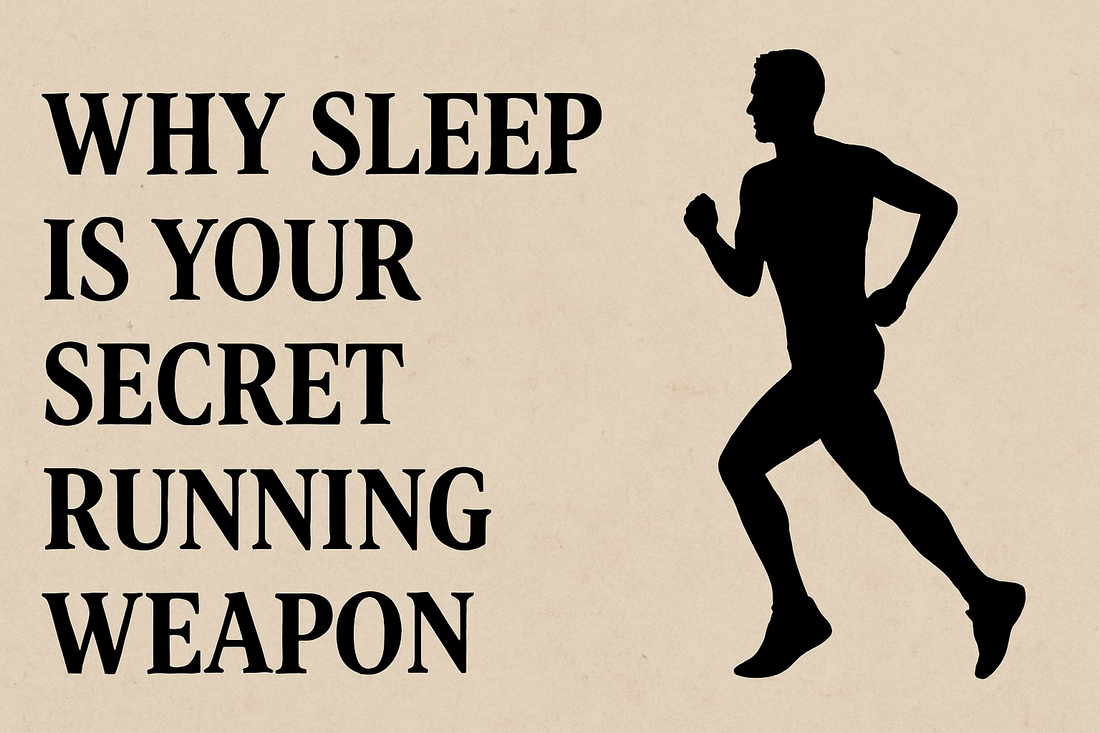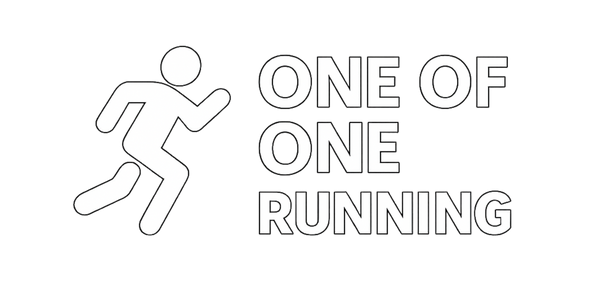
Why Sleep Is Your Secret Running Weapon
Share
Running performance isn’t just built during training. It’s built while you sleep. Sleep is when your body recovers, repairs, and adapts to the work you did during the day. Without enough of it, no training plan will work for long.
-
Sleep repairs muscle tissue. During deep sleep, your body produces growth hormone that repairs micro-damage caused by running. Without enough sleep, recovery slows down and soreness lasts longer.
-
Sleep restores energy. Glycogen—the fuel stored in your muscles—is replenished while you sleep. Poor sleep means you’ll feel heavy, flat, or slow even on short runs.
-
Sleep sharpens focus. Sleep affects your coordination, reaction time, and concentration. Less sleep = more risk of tripping, pacing errors, or mental burnout.
-
Sleep supports immune function. Runners with poor sleep get sick more often and take longer to heal. Even mild sleep deprivation increases stress and inflammation.
-
Sleep balances hormones. Poor sleep increases cortisol (stress) and decreases testosterone and leptin, affecting mood, recovery, and appetite control.
How much sleep do runners need?
Most adults need 7–9 hours. But if you’re training consistently, aim for the upper end—8–9 hours minimum, with naps as needed. You don’t earn recovery from training. You build training through recovery.
Tips for better sleep:
– Go to bed and wake up at the same time daily
– Avoid screens 30–60 minutes before bed
– Use a dark, cool, quiet room
– Avoid caffeine 6–8 hours before sleep
– Wind down with light reading, breathing, or stretching
Training hard while sleeping poorly is like filling a leaky bucket. If you want more energy, faster progress, and fewer injuries, sleep is your foundation.
For more tips on recovery, performance, and habits that matter, check out my e-book. It includes structured advice and exclusive discounts on gear that supports your progress.
See the e-book here
